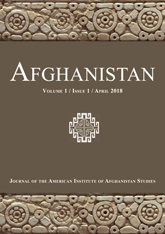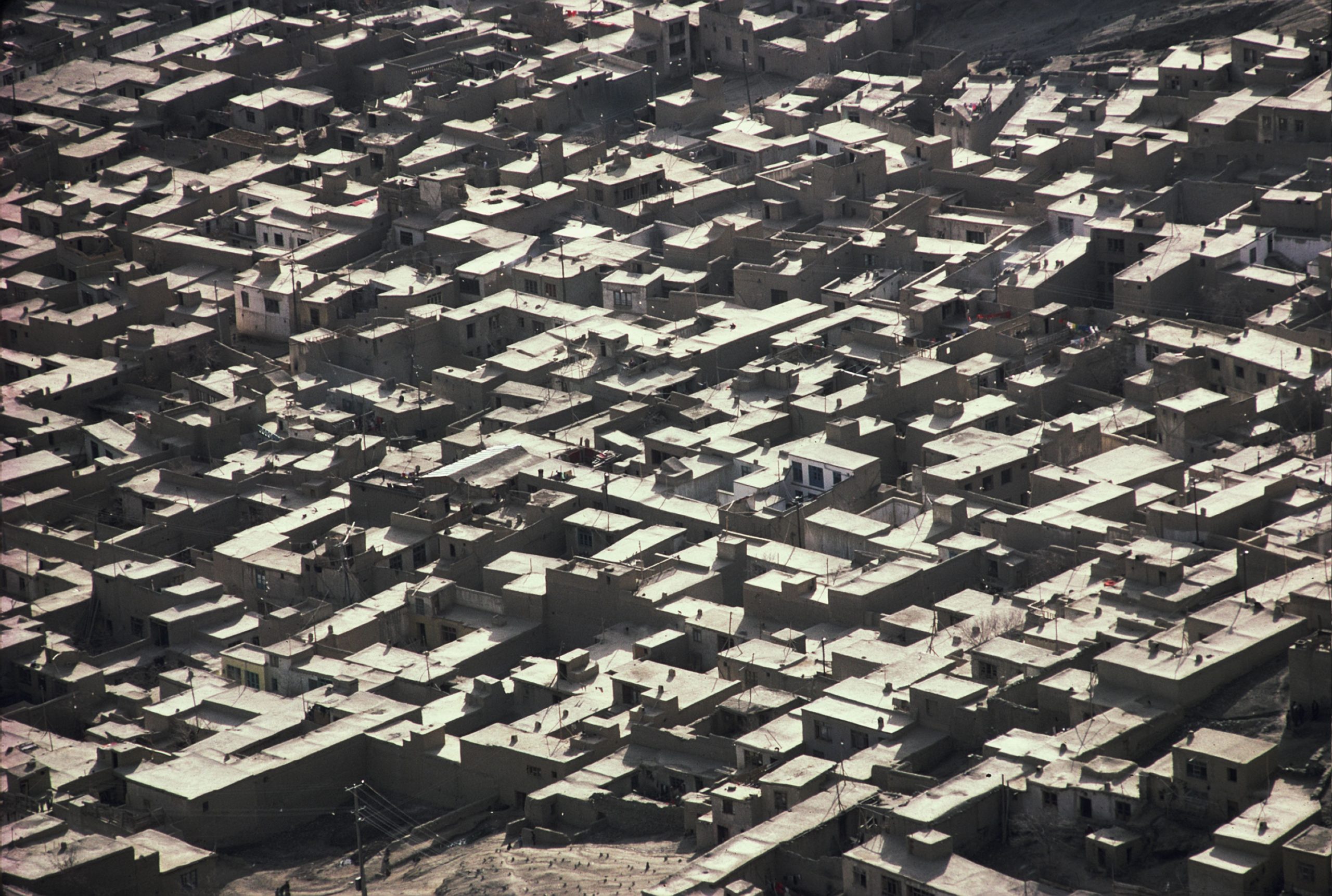
It is a pleasure to see the launch of the first issue of Afghanistan, a journal to showcase the country’s exceptional cultural diversity. It is the first scholarly journal devoted to the country since the demise of Afghan Studies in 1982 following the cessation of all field activities. Research, however, has never stood still, especially since the resumption of scholarly activities within Afghanistan after 2001, and there has been a considerable upsurge in recent years. The number of new publications relating to Afghanistan that have appeared in just the two year gestation period of this journal is a manifestation of such increase. This upsurge is also reflected in at least ten international conferences, workshops and other scholarly activities during the same two year period, either focussing directly on Afghanistan or relating to it. Clearly, scholarly interest has reached a new stage: Afghanistan Studies is alive and well, and producing an increasing body of research. In the past, such research has had to appear in scholarly journals that do not have Afghanistan as their main focus; now Afghanistan Studies has a home of its own. The new journal is designed to both reflect and encourage these activities.

The orbit of Afghanistan Studies extends well beyond its borders. It also extends well back in time, long before its present borders were fixed. Sitting astride three major areas of scholarly study – Middle Eastern Studies, Central Asian Studies and South Asian Studies – Afghanistan combines all three. It is home to two major language groups and some five further sub-groups. Three of the world’s major religions flourished within its boundaries, and its history has witnessed many more. Some seven or so ethic groups make up its population, most extending beyond its borders. In the past the territory of Afghanistan has been in turn a part of major empires centred elsewhere, and the centre of major empires that ruled well beyond.
In modern times, Afghanistan has been crucial to the policies of three major world powers. This complex and versatile background is the strength of Afghanistan Studies, and its relevance to the broader world. This journal therefore will encompass all subjects in the humanities on and relating to Afghanistan: history, art, archaeology, architecture, geography, numismatics, literature, religion, social sciences and modern studies.
It is gratifying therefore to observe the broad range of topics in the journal’s first issue. They relate to history from the invasion of Alexander of Macedon in the late fourth century BC to Afghanistan’s engagement with international politics in the late twentieth AD. All are notable contributions to scholarship. They are written by both senior established scholars and early career researchers, from North America, Europe and Afghanistan itself. It might appear unfair to single out any one contribution, but the first publication of an on-going archaeological excavation is surely a resounding affirmation that scholarly field activities within Afghanistan can and will continue. A US institution, a UK publisher, an international editorial board, an international range of contributors, new and senior scholars, a quarter of a millennium of history: an affirmation of the breadth and scope of Afghanistan Studies.
Warwick Ball, Editor-in-Chief
Afghanistan is published on behalf of the American Institute of Afghanistan Studies and the first volume will publish online and in print, in April and October 2018. For more information, browse the journal website – https://www.euppublishing.com/loi/afg.





